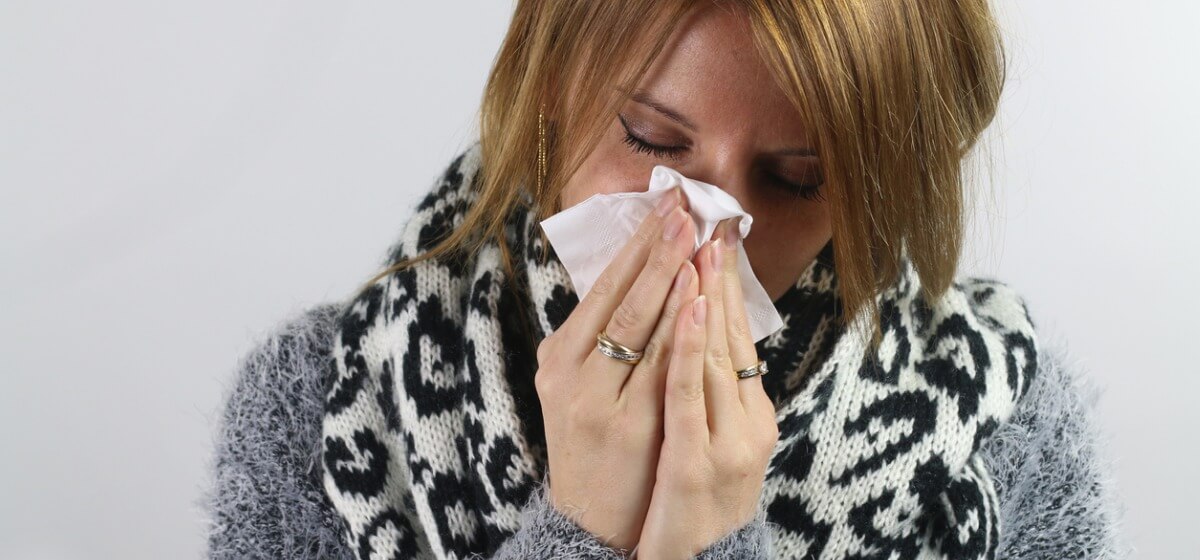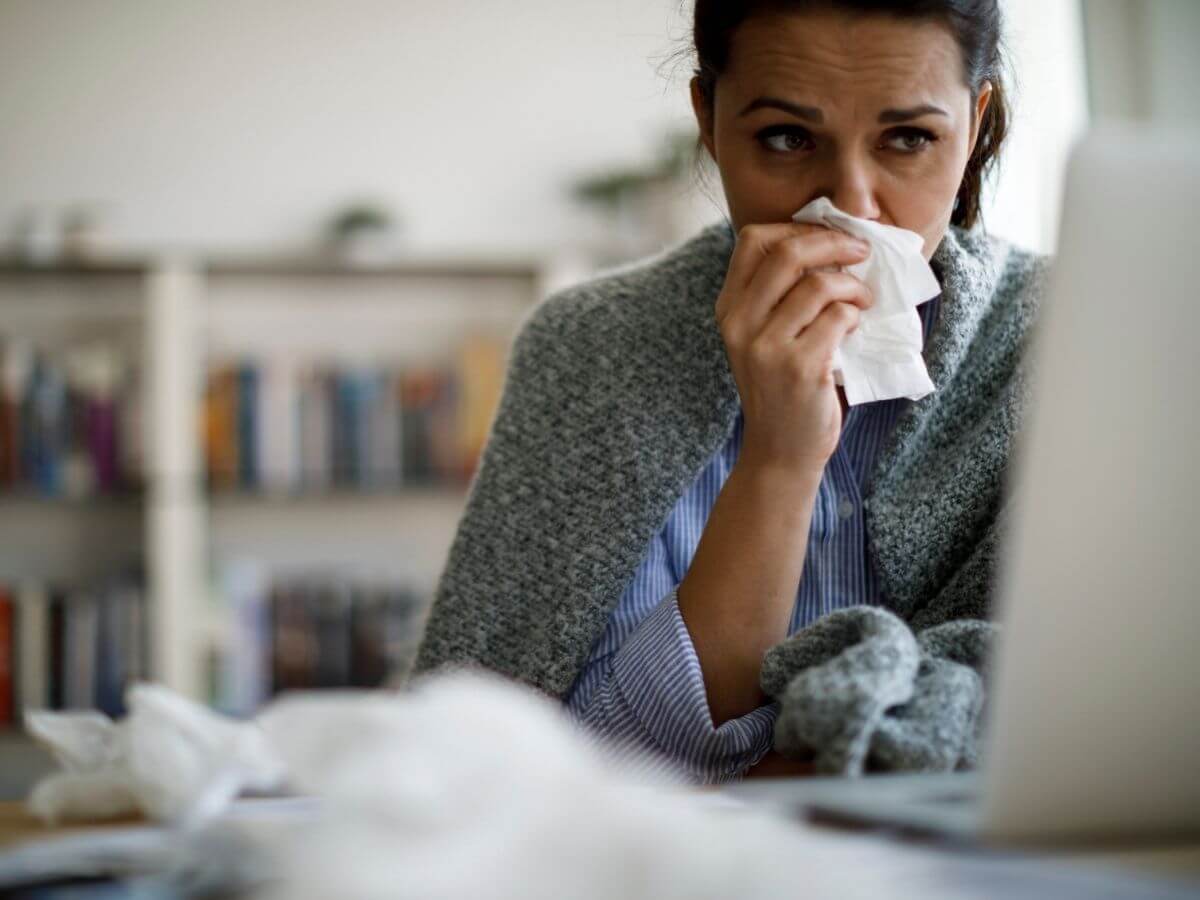Respiratory Infection Side Effects

Respiratory infections are viral infections that can affect the nose, throat, airways and lungs. They are also known as acute respiratory infections, upper respiratory infections (if located anywhere between the sinuses and vocal cords) or the common cold. The typical symptoms include nasal congestion, sneezing, runny nose, sinus congestion and pain or pressure, hoarseness, swelling of the lymph nodes, fever and fatigue.
Respiratory infections generally resolve on their own without treatment in 7 to 10 days. However, if they do not and are left untreated, there is the potential for serious side effects.
Respiratory Infection Side Effects
In some cases, respiratory infections can cause a wide range of symptoms beyond what people normally associate with a cold or flu. This includes:
- Abnormal heart rhythm
- Excessive sweating
- Abnormal liver function tests
- Hallucinations
- Constipation
- Seizures
- Blurred vision
- Difficulty emptying the bladder
- Hives
- Dizziness
- Anxiety
- Decreased white blood cell count
- Swelling of the vocal cords
When to Call the Doctor About a Respiratory Infection
If you experience any of the symptoms above, it is important to contact your doctor. You should also get medical advice if you have:
- Sore throat that lasts more than two or three days, especially if it worsens
- Difficulty swallowing
- Earache
- Sore throat with a temperature higher than 101 degrees Fahrenheit
- Fever lasting five days or more or returning after a fever-free period
- Wheezing
- Worsening symptoms after three days
How to Prevent Respiratory Infections
Prevention is key when it comes to respiratory infections. Proper vaccination can lower the risk of certain kinds of respiratory infections. Good hygiene can help protect you and those around you. For example, you should wash your hands frequently, especially after you have been in a public place. You should also avoid touching your eyes, nose and mouth as they are areas where germs can enter the body. And, you should always sneeze into the arm of your shirt or a tissue to minimize the spread of germs.



